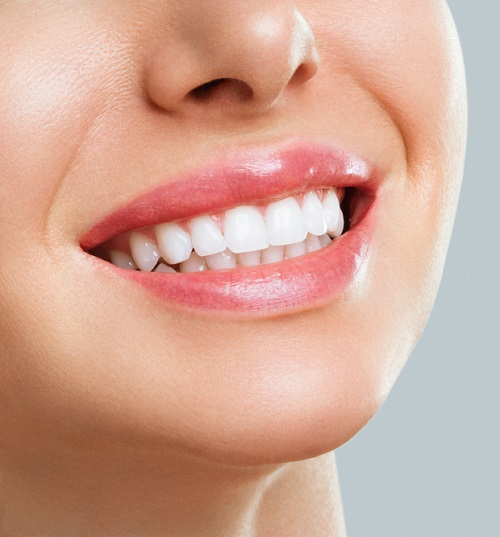Does Coconut Oil Whiten Teeth, or is it merely an internet myth awaiting scientific validation? Let’s find out!
Tired of those yellow stains on your teeth? Wondering if coconut oil is the solution for a brighter smile? Let’s separate myth from reality and discover whether this natural remedy is truly effective for teeth whitening.
CAN YOU BRUSH YOUR TEETH WITH CASTOR OIL? Let’s Find Out!
What Causes Teeth Discoloration?
Teeth discoloration isn’t just a cosmetic concern; it’s a complex dental phenomenon underpinned by science. Let’s understand the causes below:
- First off, your daily cup of joe or tea could be the culprit. Studies have pointed out that these tannins are chromogens, pigments adept at sticking to enamel, giving teeth a yellowish or brownish tint.
- Then there’s the not-so-sweet truth about sugary and acidic foods. According to the American Dental Association, these delights can erode tooth enamel, which, when compromised, staining agents have an easier time leaving their mark.
- Smoking and tobacco are other offenders due to the presence of nicotine and tar, which are notorious for their staining prowess. Research says that tobacco use is one of the leading causes of teeth discoloration, as these substances create stubborn stains that penetrate the surface of the teeth.
- Antibiotics like tetracycline and doxycycline, when given during teeth formation, can also lead to discoloration, as noted in research published in the “Journal of Orthodontic Science“. Chemotherapy and head and neck radiation aren’t off the hook either, as they’ve been shown to alter tooth color.
- Aging, the inescapable journey, plays its part too. Studies highlight that as we age, enamel thins, and the dentin, which is naturally yellower, becomes more visible. It’s not just about getting older; it’s about changes in tooth composition.
- Lastly, genetics. Just like we inherit eye color, teeth characteristics are also passed down. Some people may have naturally brighter or thicker enamel, focusing on genetic influence on oral health.
Does Coconut Oil Whiten Teeth?
Coconut oil doesn’t absolutely whiten your teeth, but it definitely outlines certain benefits!
This idea comes from a practice called “oil pulling,” which is basically swishing any of these oils around in your mouth. When using coconut oil, its lauric acid content shows its anti-bacterial prowess in fighting bad bacteria and plaque formation, lightening the pesky yellow layer.
However, when it comes to actually whitening teeth, well, that’s more of a hearsay thing than solid science. Even the American Dental Association (ADA) isn’t ready to give oil pulling their thumbs up yet, mostly because there’s not enough hardcore scientific evidence.
Coconut oil is definitely good for your mouth’s hygiene, but it’s not a substitute for the good old brushing and flossing routine and, of course, those regular dentist check-ups. If you’re really looking to brighten up your smile, it’s best to have a chat with your dentist to find safe and effective options before completely relying on home remedies!
How to Use Coconut Oil to Whiten Teeth?
- Opt for organic, unrefined, and virgin coconut oil. These types retain most of the natural beneficial properties.
- Swish a tablespoon of coconut oil in your mouth for 15-20 minutes, then spit it out. Do oil pulling 3-4 times a week, preferably in the morning.
- Do not swallow the oil as it collects bacteria and toxins. It’s best to do this in the morning before eating or drinking.
- Spit the oil into a trash can, not the sink, to prevent plumbing issues.
- Rinse your mouth with warm water, and brush your teeth.
Understand that coconut oil whitening is not a quick fix and, most importantly, not a stand-alone remedy. It’s a gradual process, and results vary from person to person based on different dental health statuses.
Precautions When Using Coconut Oil
- Choose high-quality, organic, unrefined coconut oil for oral use. Look for reputable brands to ensure purity and avoid any added chemicals or contaminants.
- If you have a known allergy to coconuts or coconut oil, do not use it orally. Even though allergic reactions to coconut oil are rare, it’s crucial to be cautious if you have any known allergies.
- During oil pulling or other oral applications, be careful not to swallow the coconut oil. Swallowing large amounts of oil can lead to digestive discomfort or diarrhea.
- Start with a shorter duration of oil pulling, such as 5-10 minutes, if you’re new to the practice. Gradually increase the time as you become more comfortable.



